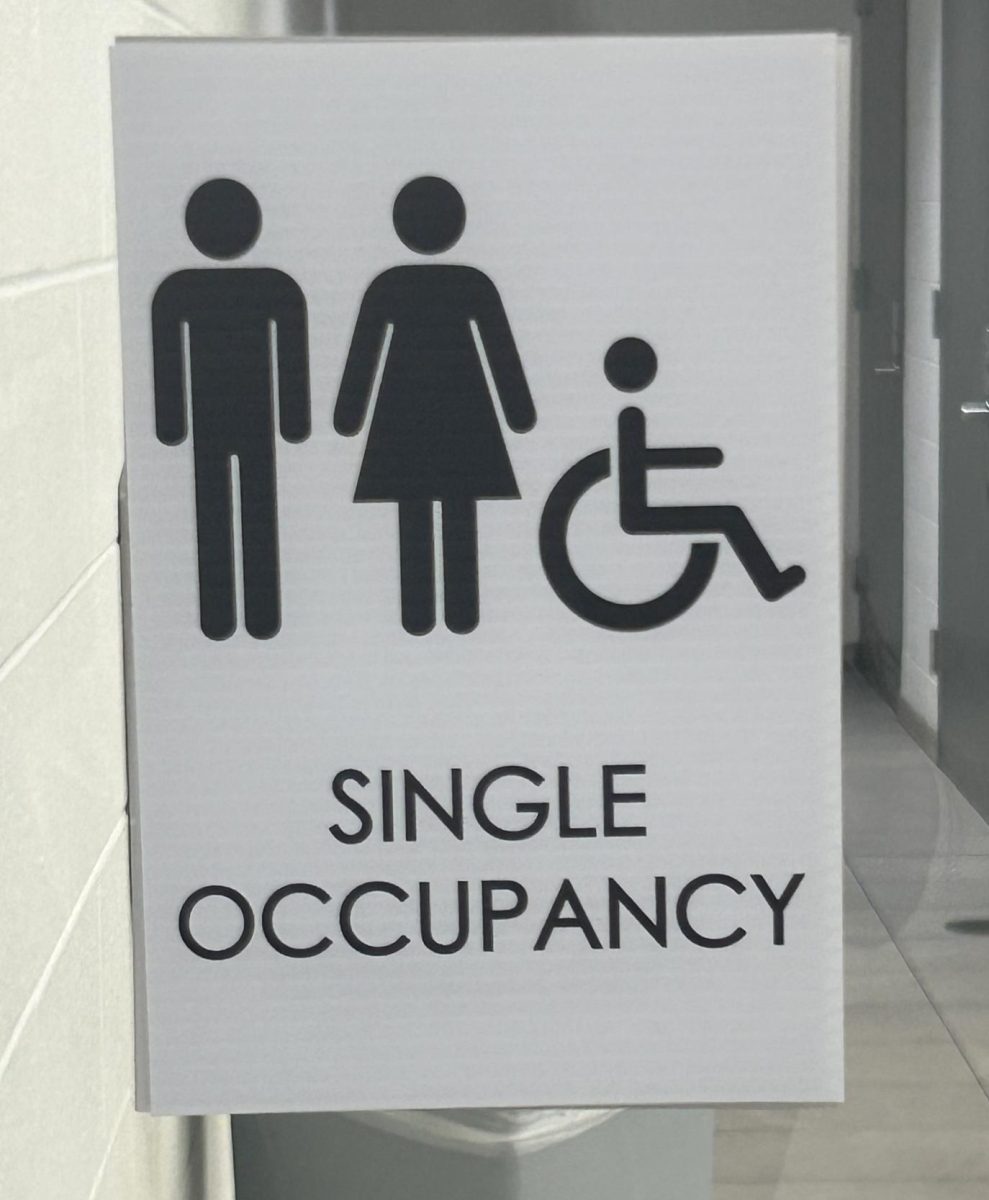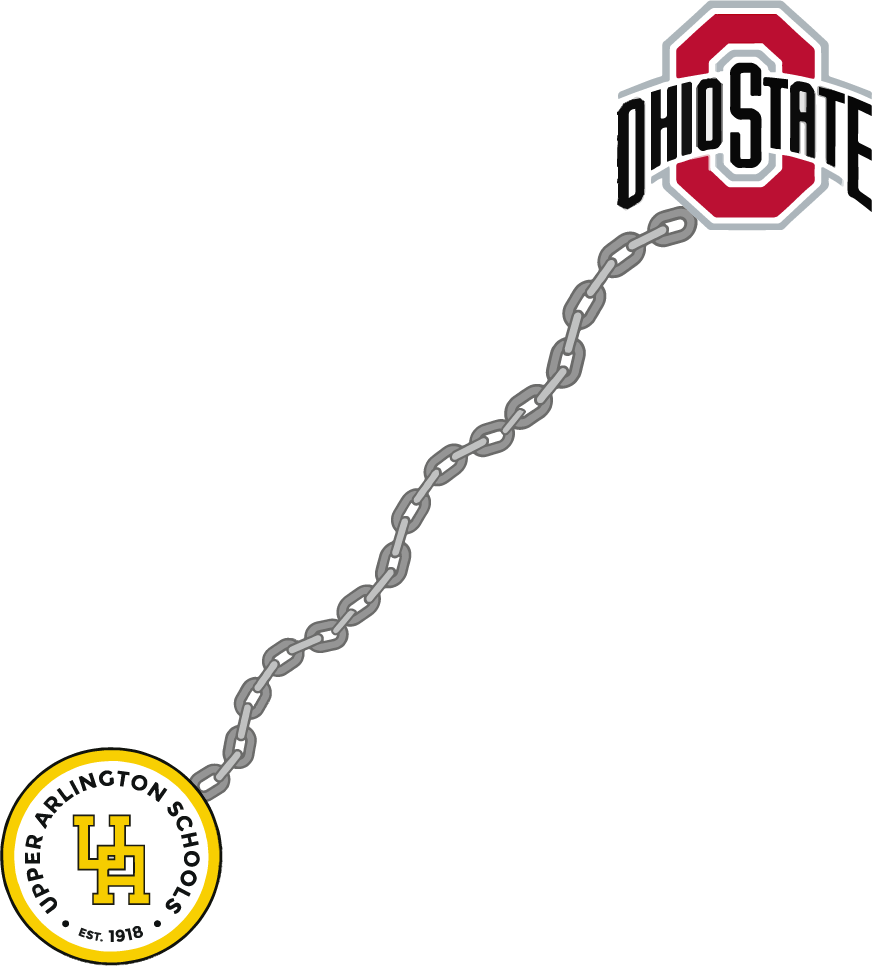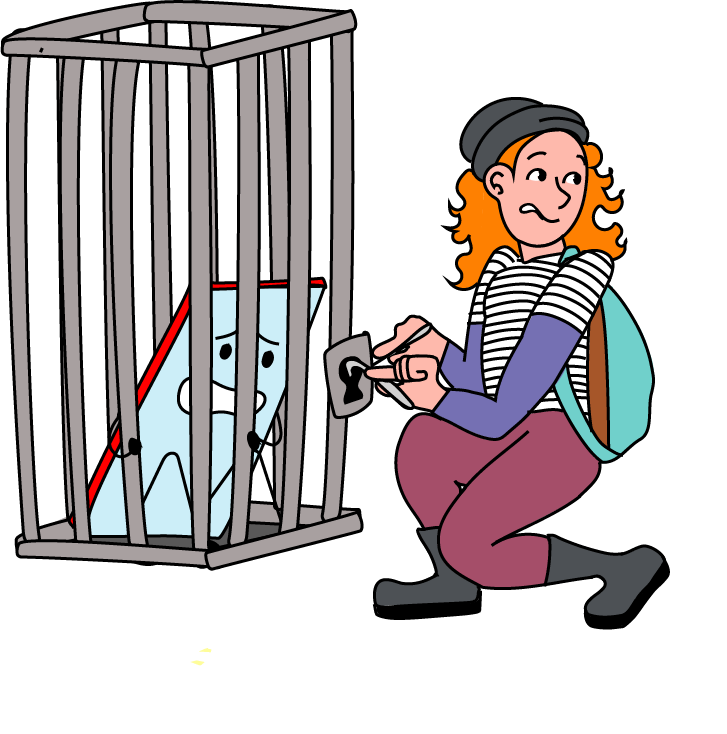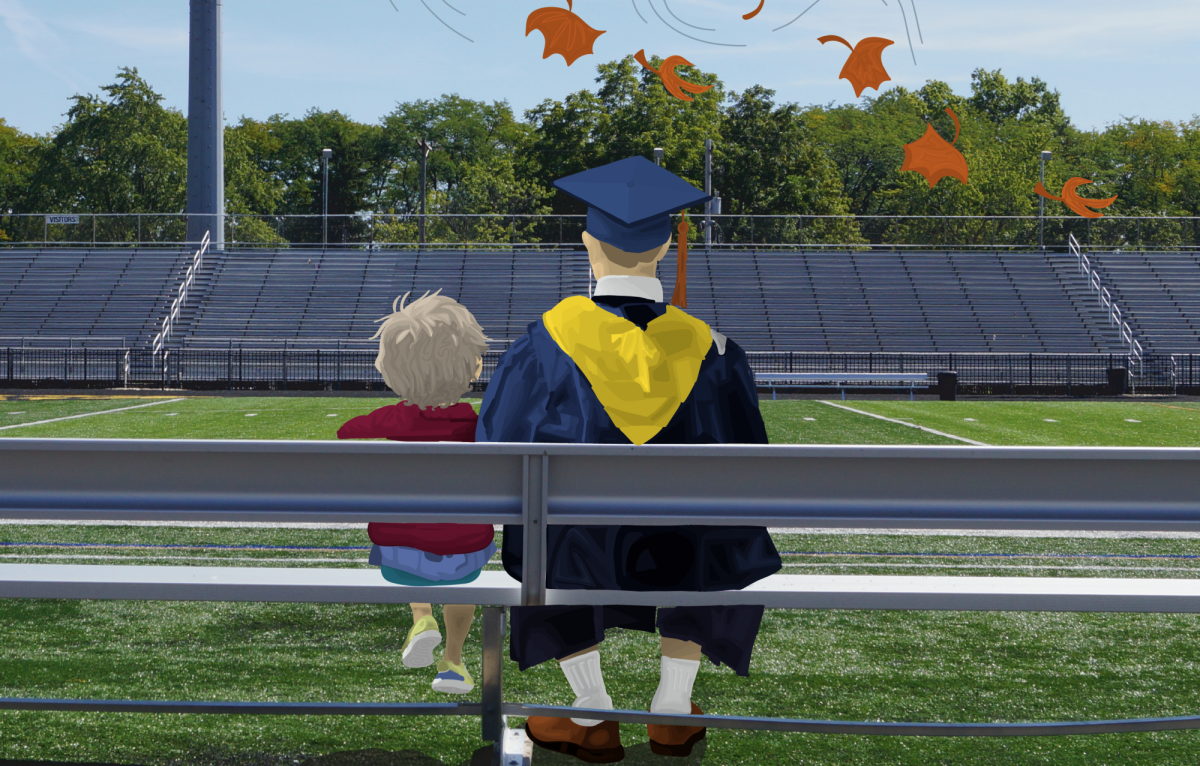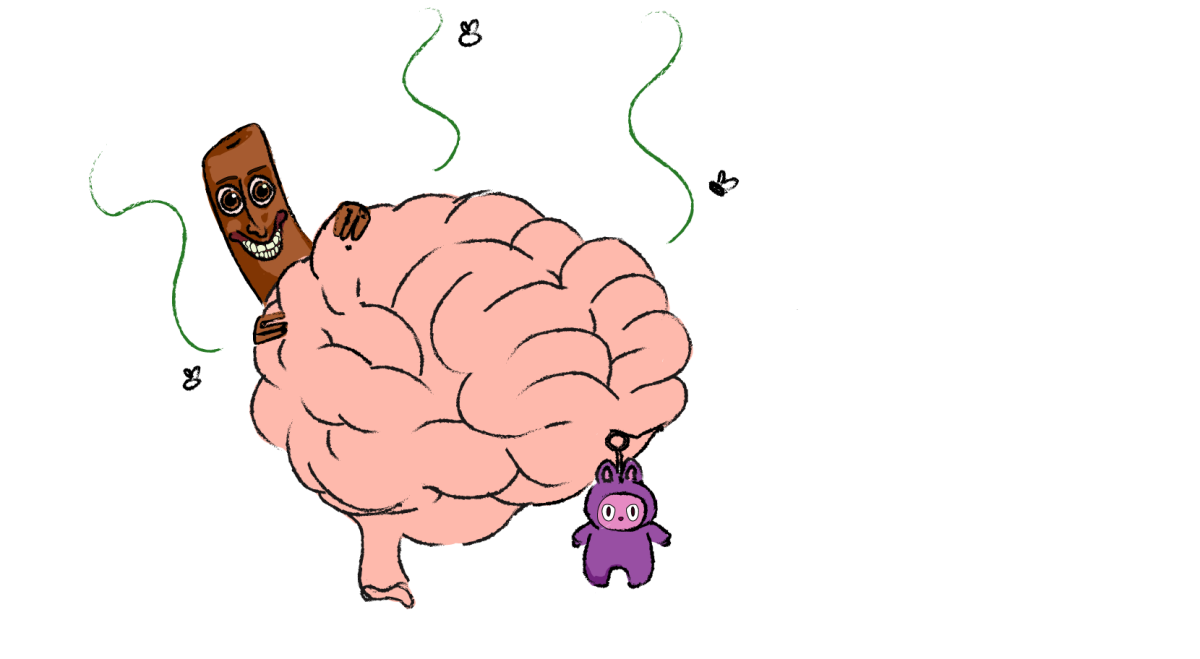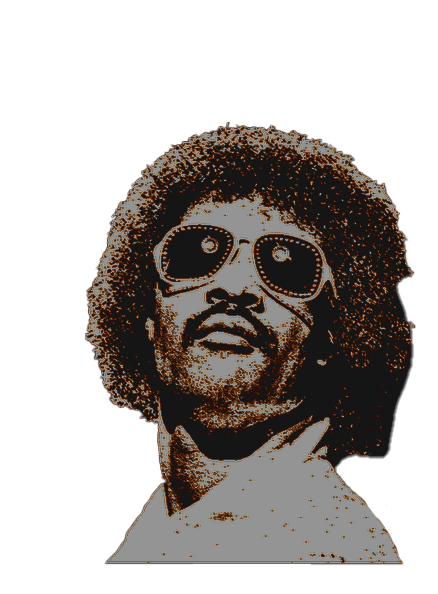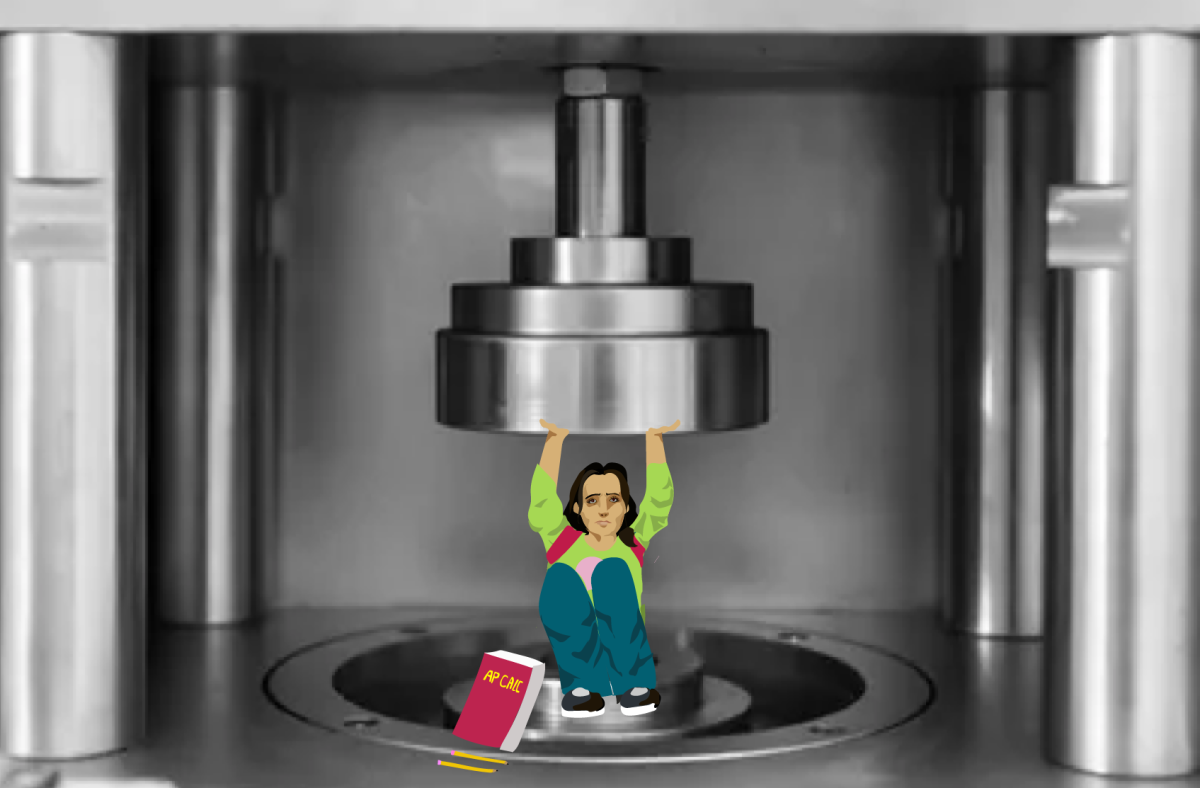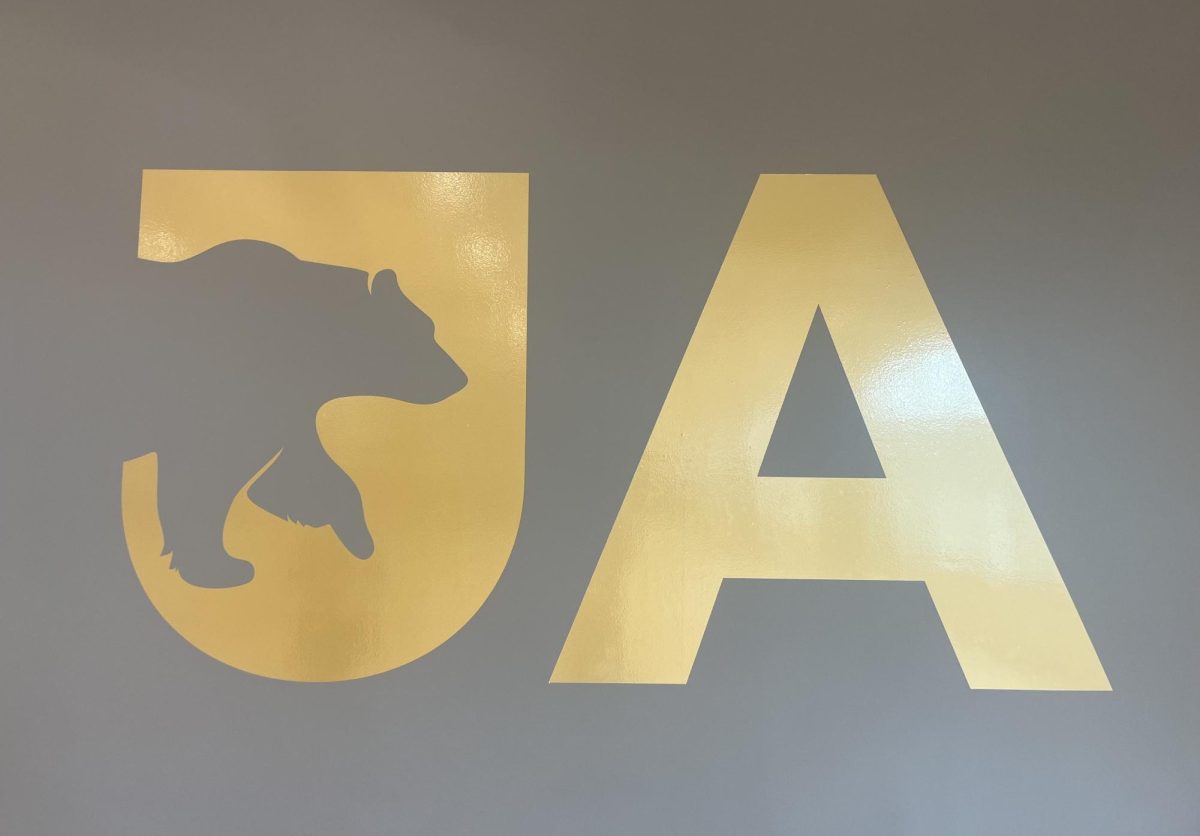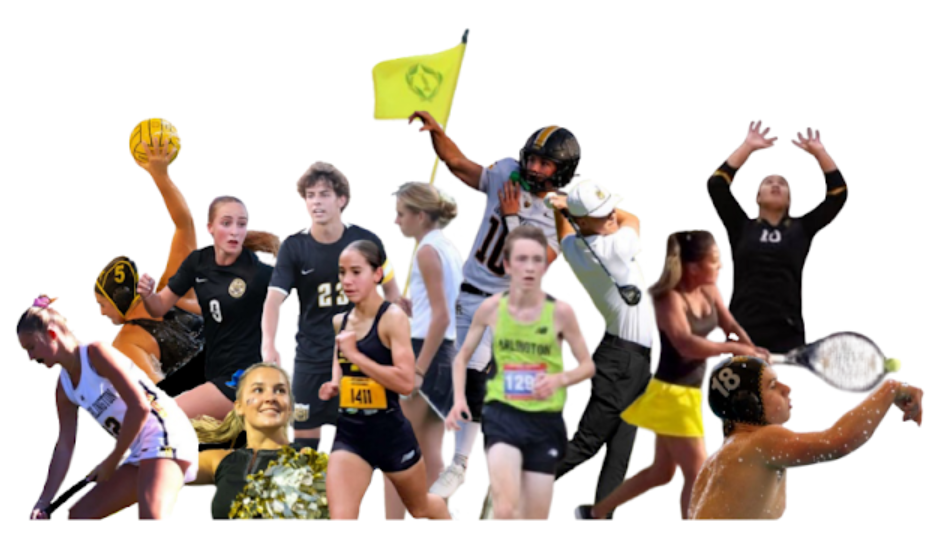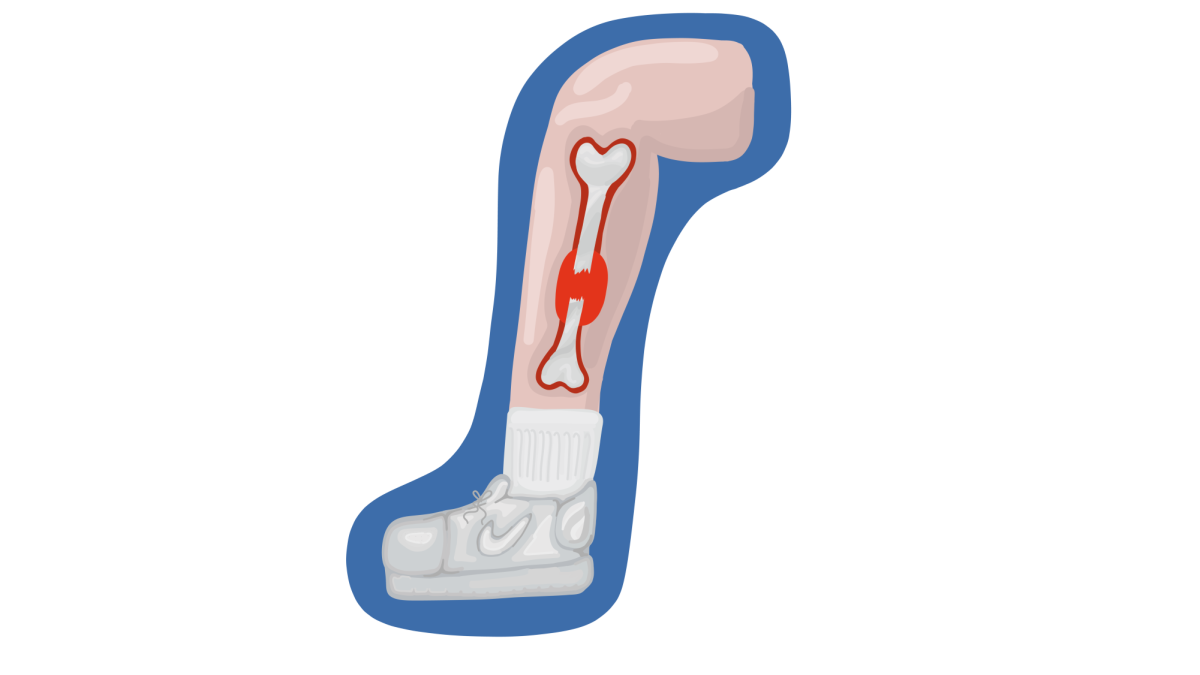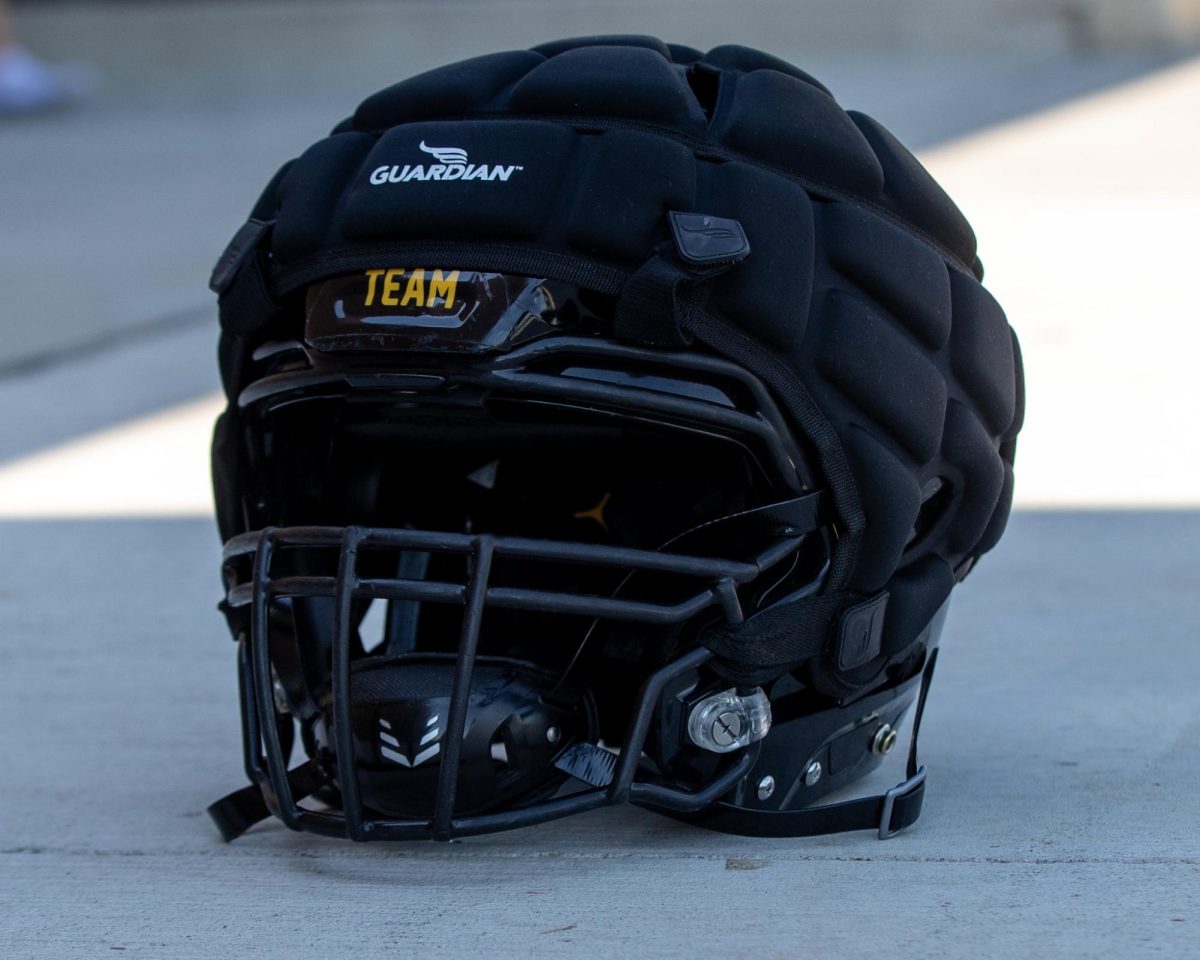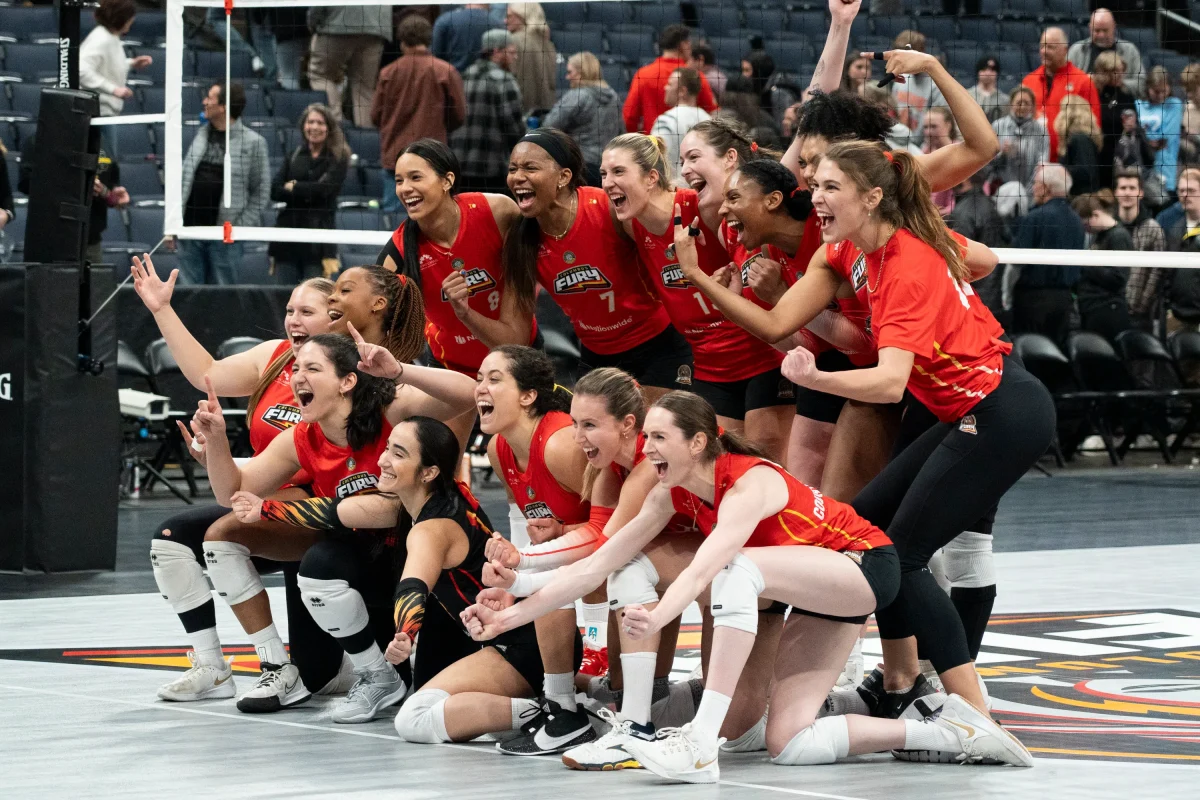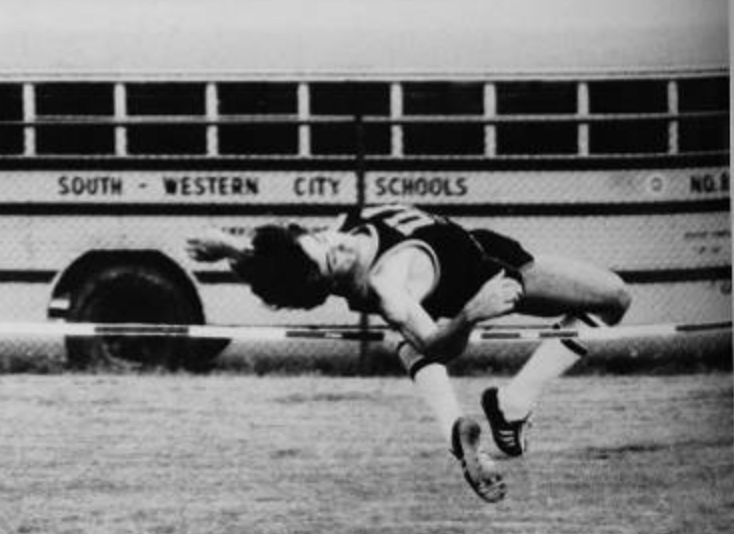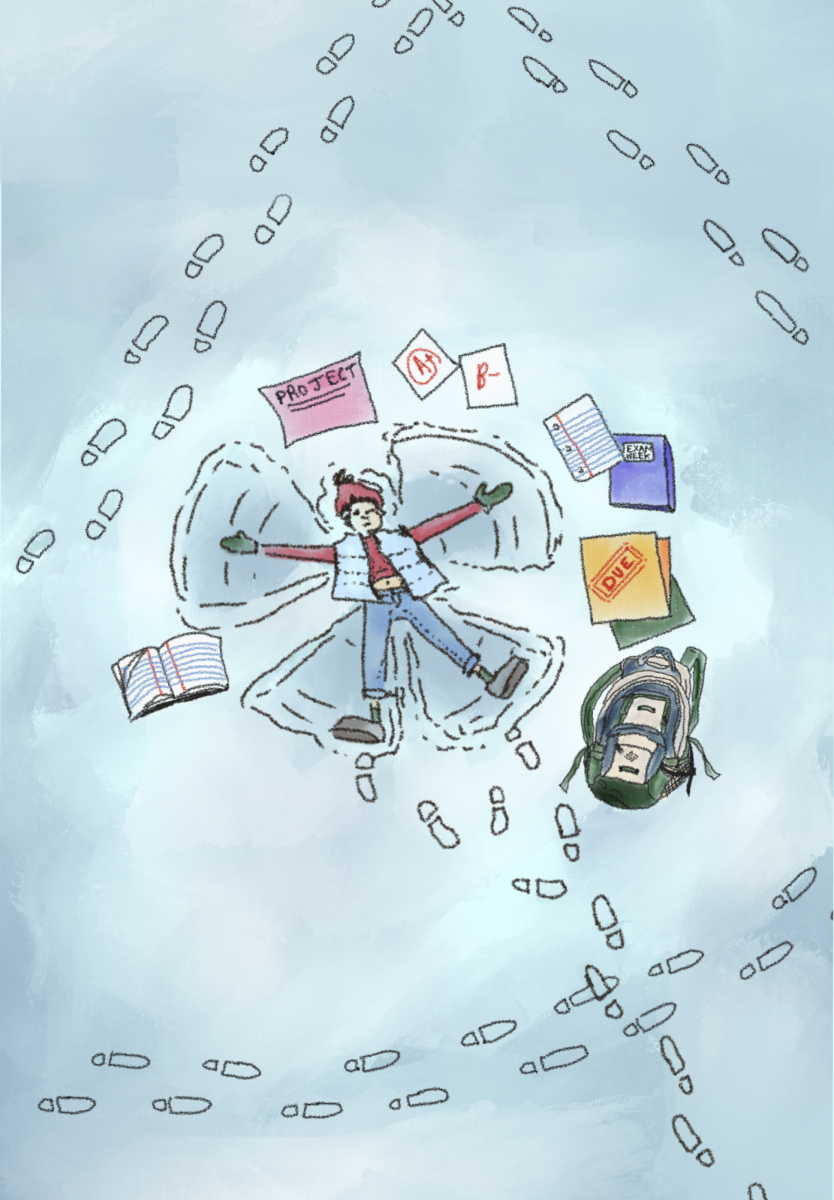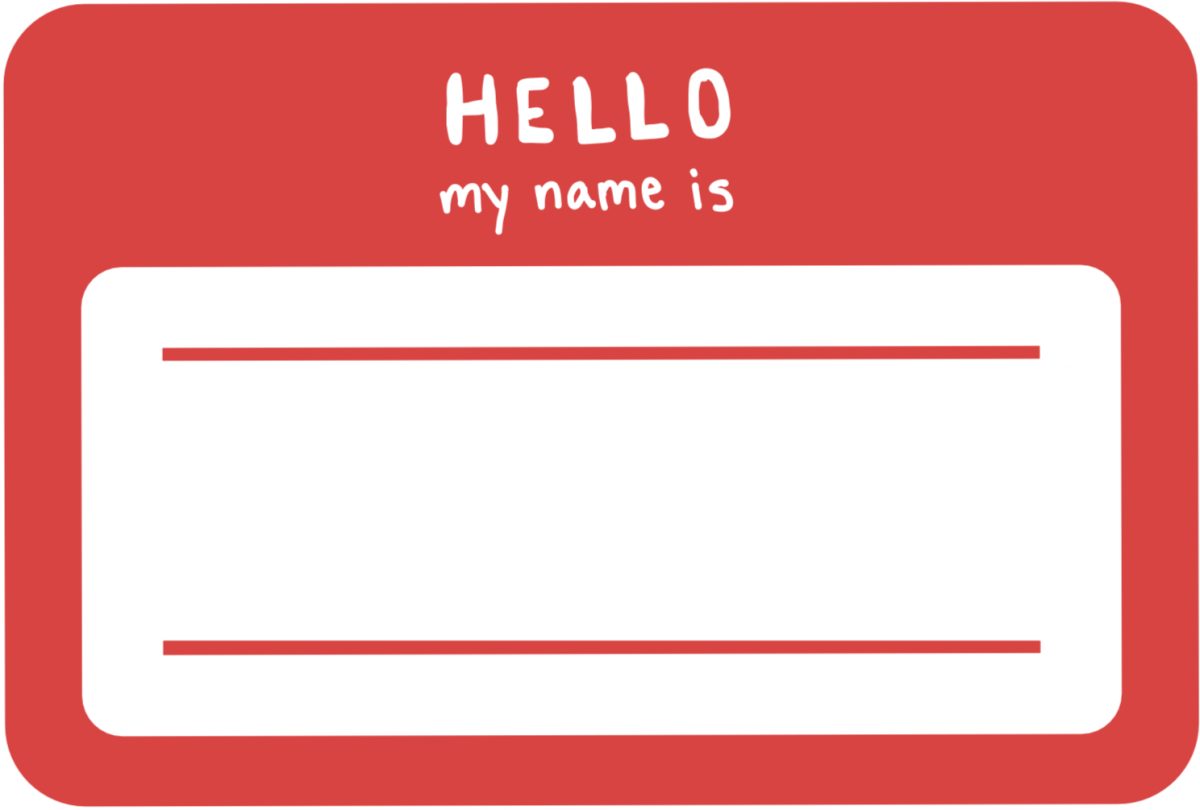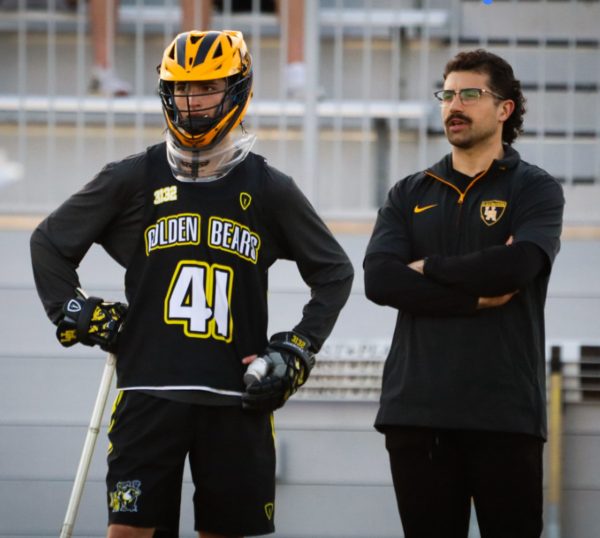Every sports fan knows their favorite player’s nickname. They have become a staple in sports from youth sports to the professional level. Nicknames are common practice through the hallways of UAHS and the locker rooms for all 33 varsity sports. Nicknames can be based on personality or past stories.
An Australian Secondary Schools study found that nicknames encapsulate the way the bearers are perceived by others in a social setting and also serve as publicly accepted ideas about the way a person is supposed to be.
Sean Branick, wide receiver coach for the varsity football team, commented, “I think nicknames for individuals can be a double-edged sword. You can have nicknames that compliment people like Thunder and Lightning, but you can easily come up with degrading nicknames, or maybe something the person isn’t proud of. I think nicknames that uplift people are totally fine, but you don’t ever want to degrade your classmates,” Branick said.
According to a study by Jean M. Twenge, people who didn’t like their name tended to have poorer psychological adjustment. This was most likely because their lack of confidence and self-esteem caused them to dislike their name. But most likely, disliking their name contributed to their lack of confidence. The same can be said for nicknames.
Natalie Bruck, senior field hockey captain, commented on the topic of nicknames.
“We definitely should draw the line if the person receiving the name is feeling uncomfortable or if it goes too far with harassment. But if it’s funny, and the person receiving the nickname thinks it’s funny too, then I think that’s fine,” Bruck said.
Nicknames also serve the purpose of bridging the gap between people who aren’t familiar with each other.
“Absolutely, nicknames can help bring people together. When I was at the University of Hawaii, I was brand new there, and the offensive coordinator, Nick Rolovich, gave every single person in the room a nickname. They were funny nicknames. There was ‘speed bump’, ‘cement mixer’. I was ‘pot sticker’. And there everyone had a nickname. So it was something that kind of bonded us together, and it was quite funny. Most of the nicknames were just random and hilarious. So I think they can be used in a good way,” Branick said.
Similarly, senior and captain of the men’s water polo team Caden Blamer commented, “Yeah, I think it can bring teams together because it can make things more familiar and can even make you closer with each other,” Blamer said.
Nicknames not only can affect our self-identity but also can change how others expect us to be.
“It’s very important to create your own self-identity. You don’t ever want to let other people tell you who you are or are not. And I think there’s aspects of us that you know, we can tap into to bring out a different element of our personality. But if someone’s going to give you a nickname, you don’t want to ever mistake that for who you are,” Branick said.
A nickname shouldn’t create an identity, but simply enhance it. Nicknames can have positive and negative effects based on how they impact our self-identity and the expectations of our peers. It is up to everyone on a team to come together and decide where to draw the line for nicknames and use them positively to help build bridges between teammates rather than burn them. Nicknames can add a psychological dimension to someone’s life, but it is important to be conscious about how they may make the recipient feel.
The Australian study cited earlier also suggests students must be aware that nicknames are a manifestation of complex social relations that can create a subtle kind of bullying. Overall, the study shows nicknames generally made a positive contribution to identity in the school studied. It is also crucial that there is communication between peers to ensure that no one ends up feeling alienated from something as subtle as a nickname.


